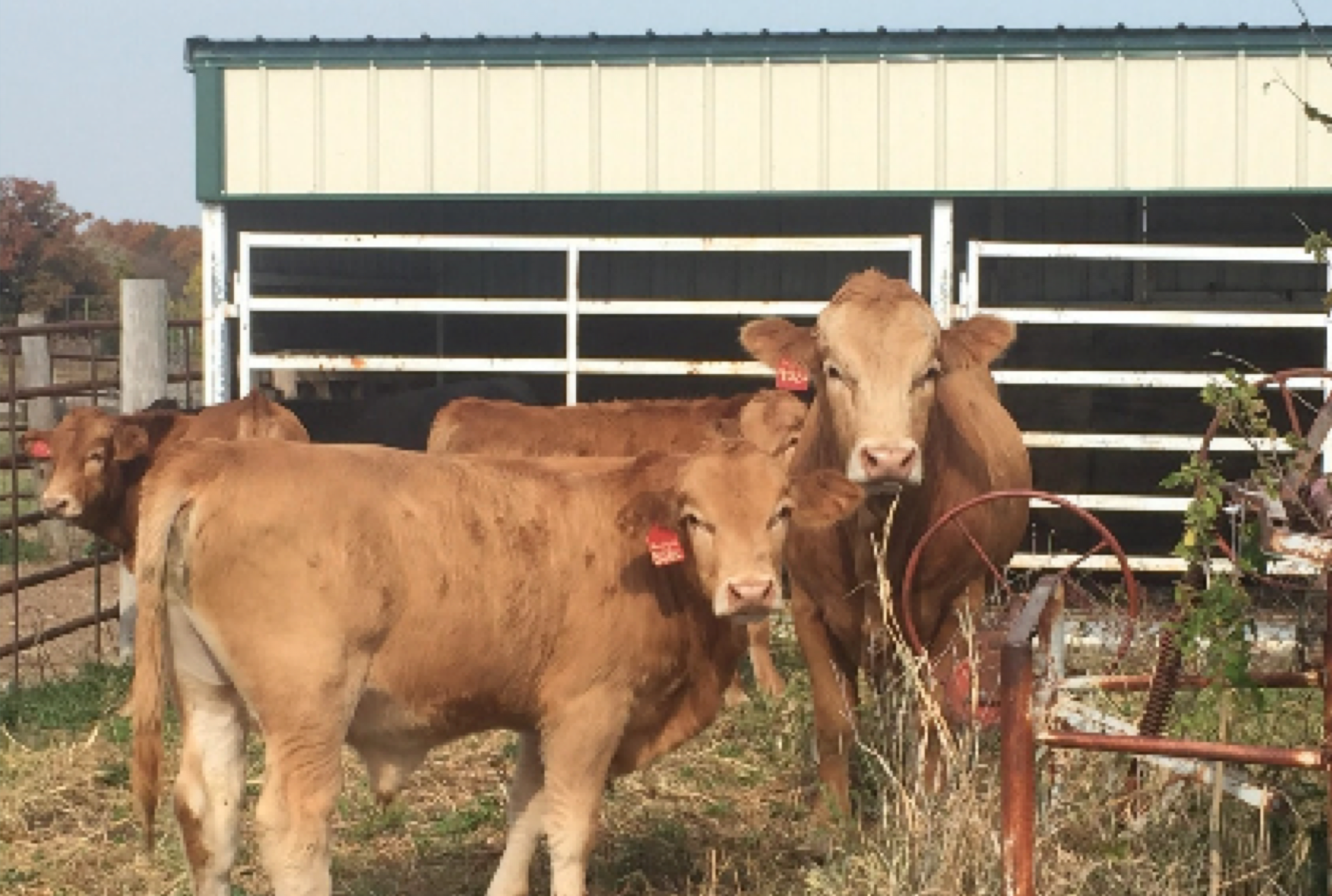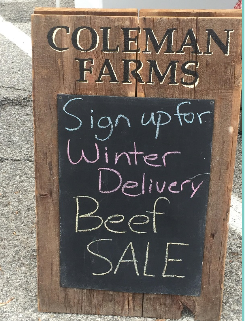

Kirksville residents can now locally buy a healthy alternative to conventionally raised beef by purchasing grass-fed cattle.
Conventionally raised beef cattle ─ cows that spent a few months’ time in a feedlot before slaughter ─ are more likely to contain harmful bacteria, according to the Consumer Report article published Oct. 16. Conventional cattle are three times more likely to carry superbugs, bacteria resistant to antibiotics than grass-fed cattle, according to Consumer Report. All American Meat Inc., a meat processor, recalled 167,427 pounds of ground beef possibly tainted with E.Coli Nov. 1, according to Food Safety News, in Omaha, Nebraska.
Coleman Farms offers grass-fed beef with no added antibiotics or hormones to the Kirksville area. Brian Coleman, an owner of Coleman farms, says he began raising grass-fed beef about four years ago and he sells meat locally and to the St. Louis area in meat bundles. Meat bundles can be purchased online and at the Kirksville Farmer’s Market, where Brian and his wife, Amy, inform others of their grass-fed livestock.
“We’re just another option for consumers,” Coleman says. “I truly believe that the dollar is the ultimate [deciding factor]. So if you think it’s right, then go out and support it, buy it … It just goes back to the dollar as a vote and let the consumer decide what they want.”
In addition to being less likely to have bacteria, grass-fed beef can be more heart-healthy. Truman State Farm manager Bill Kuntz says grass-fed cattle is leaner, and therefore has less fat, making it more heart healthy for consumers.
Michael Siepel, Truman State University’s Agriculture Department chair and agriculture professor, says all cattle are grass-fed to an extent. Seipel says the first stage is calf-cow operations, then foraging ─ which makes up most of a cow’s diet. When a cow is 12 to 15 months, it is either grass-fed or sent to a feedlot, Siepel says.
He says feedlot cows are fed high concentrates of corn, soy or co-products, and are ready to be sent to the butcher at about 21 months. Grass-fed cows are not ready to be butchered until later, Siepel says. He says the large amount of concentrated grains fed to cattle in feedlots also affects the animal’s health.
“Cows are ruminant animals and have evolved to [digest] quantities of roughage so when you switch them over to that high concentrate diet it has some implications on their digestive system as well,” Sipel says. “It increases the acidity and lowers the pH of the gut and can start to cause some liver issues.”
